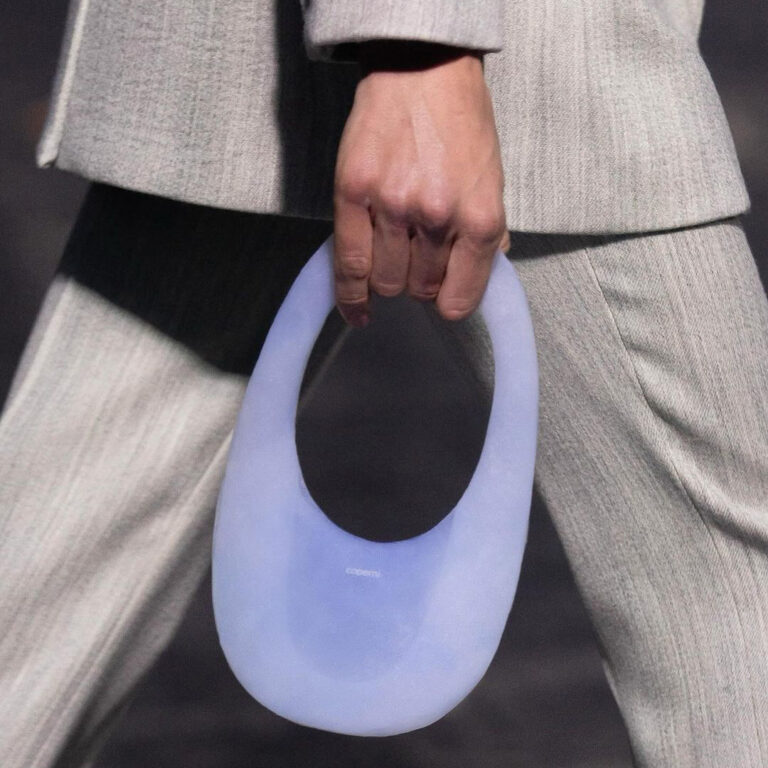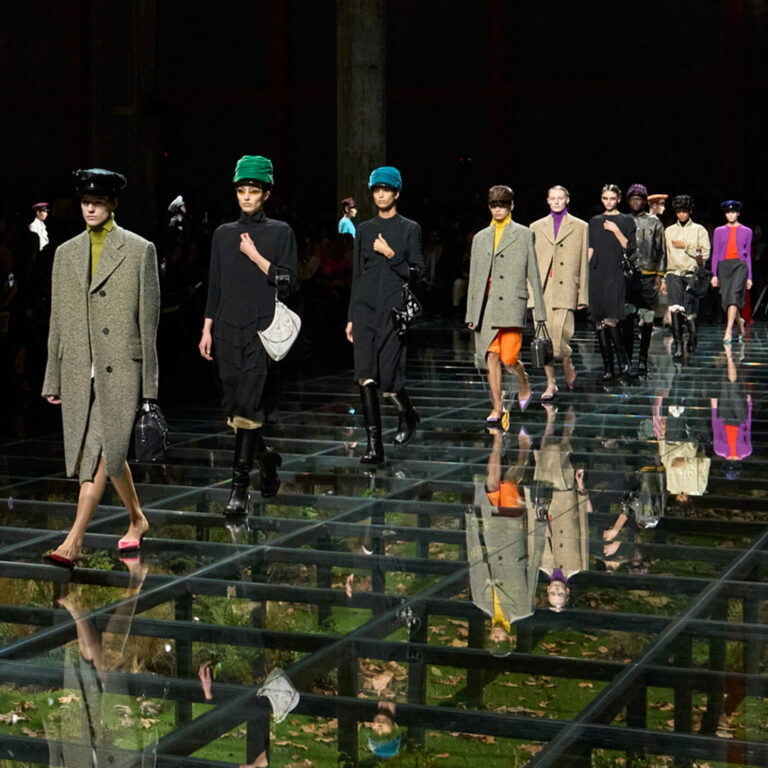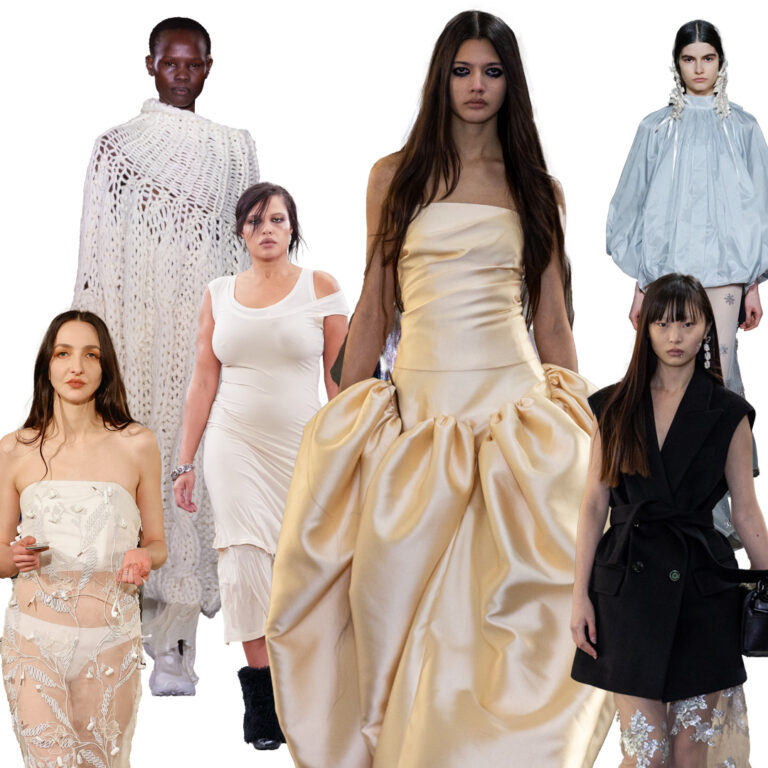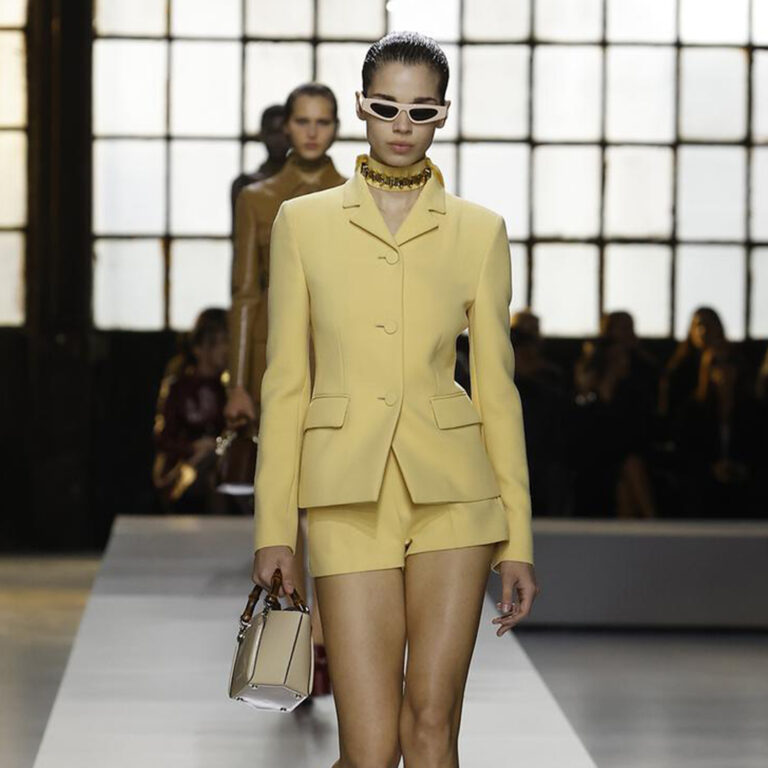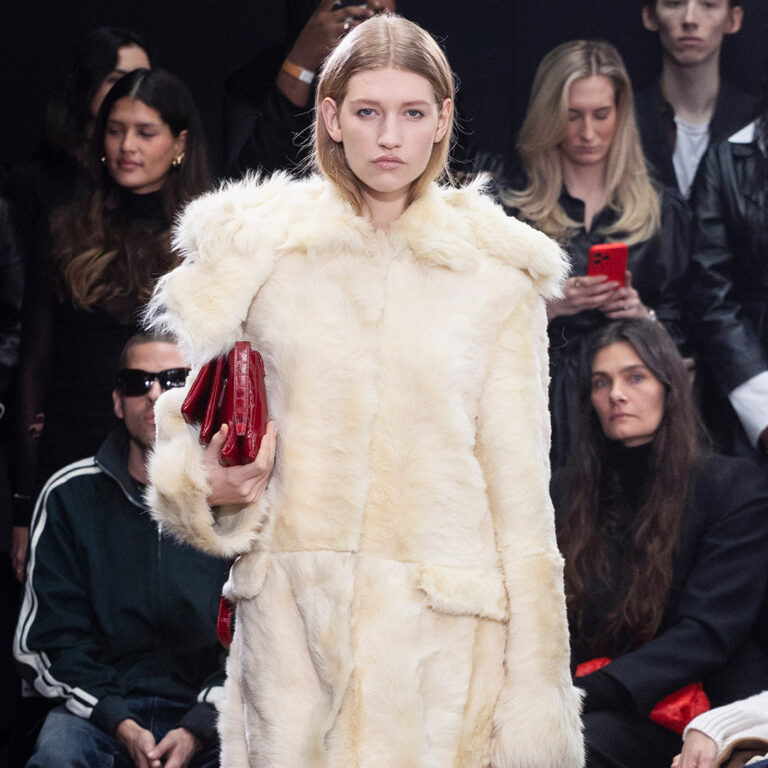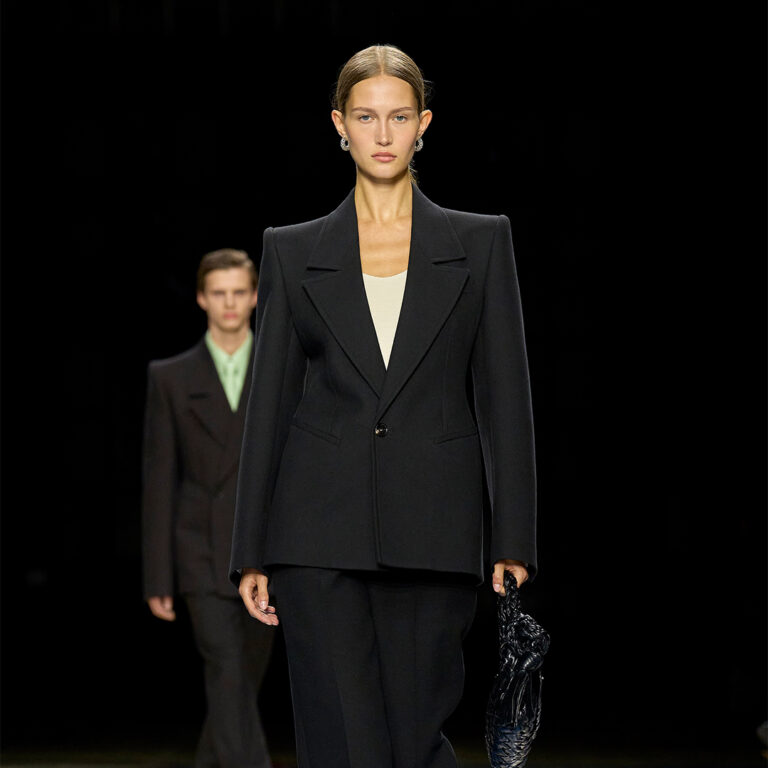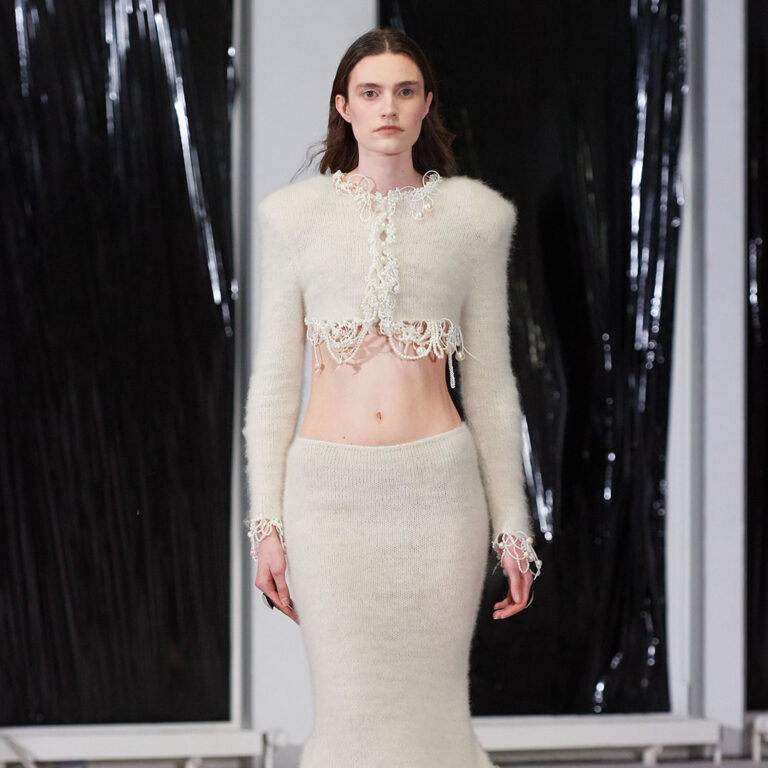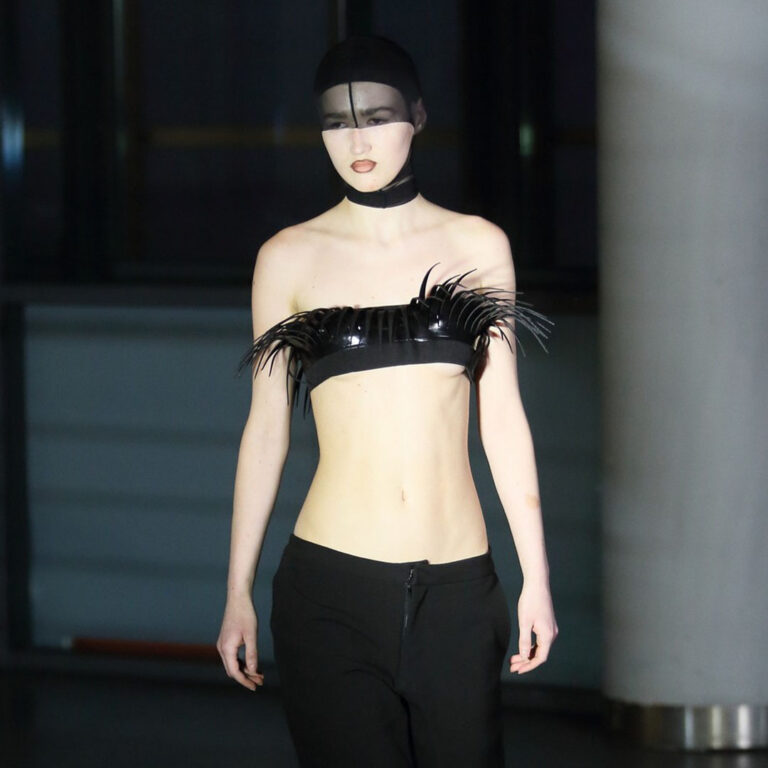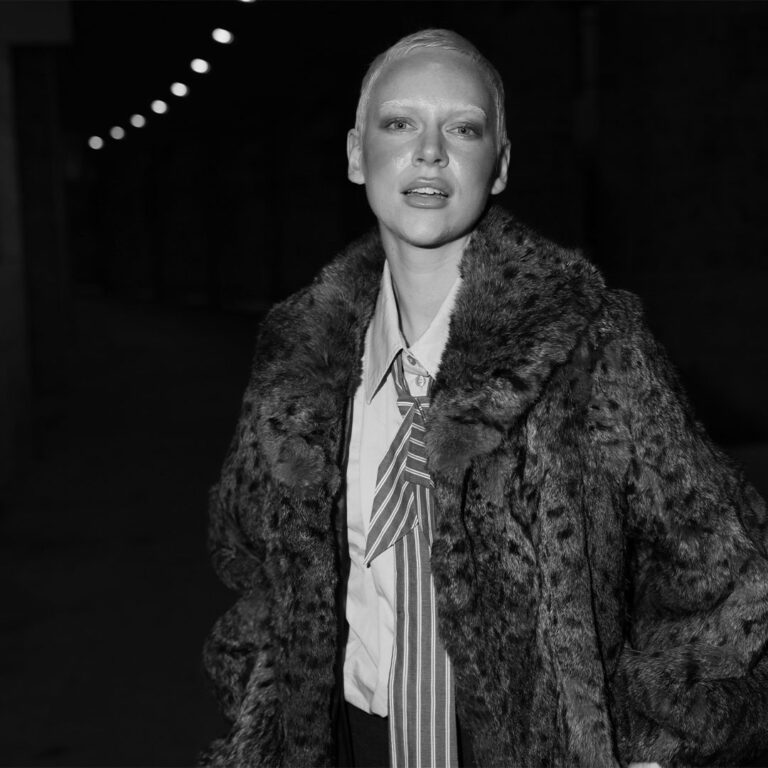If one thing has been made clear the past year, it’s the importance of inclusivity and safe spaces. The fashion industry has been confronted with a lot of hurdles, one of which was about creating those safe spaces and equal opportunities for all. For the first time, these topics are seen in the spectrum of sustainability; a truly sustainable product is about so much more than just an environmental-friendly fabric. How about the working conditions? Is everyone in the production process treated equally and fairly? And how are people of different races represented within the industry? Together with Mumster, sustainable fashion platform IKIGAI LABELS developed ‘Fabric for the Mind’ – a project clearly pointing out the true (multi-facetted) meaning of sustainability. “There is no sustainability without inclusion.”
Cover photo: © Pexels
True sustainability
With IKIGAI LABELS, founder Helene Oudman aims to make sustainability accessible and attractive for everyone. In an earlier interview we did with her, Oudman told about the gap to be filled within the sustainable fashion industry. “Therefore I created a user-friendly website where international slow fashion brands are at the core. From made-to-order to vintage: everything that’s slow and ethically crafted deserves a place on my website.“
A couple of years later, IKIGAI LABELS is the go-to destination if you like to buy conscious items. And what we mean by conscious, slow or sustainable is a little more complicated than one might think at first sight. Sustainability isn’t solely about environmentalism, it’s also about people and their equal rights. To shed light on the multi-facetted meaning of true sustainability, Oudman and Trapman developed Fabric for the Mind.
Fabric for the Mind
Fabric for the Mind is an IKIGAI LABELS initiative to make the slow fashion community more inclusive, looking for larger conversations about culture, identity, and reimagining fashion’s future. In collaboration with Chanel Trapman and in total fourteen international voices, they are opening up about their needs and duties within a slow fashion community.
The article continues below the video.
Feminism and inclusion
Helene Oudman: “I started IKIGAI LABELS to set a new standard within the fashion industry. Because I want to show the link between climate change and ethnic injustice to take action together. There’s no sustainability without inclusion.” With this last sentence, Oudman is spot-on. Inclusion is one of the basic premises of sustainability. Cathelijne Blok and Sioejeng Tsao emphasize this way of thinking.
“From everything we have learned in the past, let’s take it with us to make new and innovative plans. Especially as a woman.,” says Cathelijne Blok, one of the contributors. But that isn’t all. Blok is aware of the fact that as a white woman, although female, she’s very privileged and action is necessary. “We need to make space for others in this industry. Supporting those who need it most in the right way – without wanting to be the savior.” She continues: “As a white woman, it’s a challenge to understand the importance of when to speak up and when to be silent.”
Creative Sioejeng Tsao couldn’t agree more. According to her, there’s a lack of Asian representation linked to sustainable fashion. “I think community is a very important construct, because I’m part of a marginalized group of people. Sharing experiences is vital to a good community; it makes you feel less lonely.” Oudman couldn’t agree more: “For me it’s very important to put humanity at the center of what we do. I point at the people who make the clothes; they should be in the spotlights. We should shift the attention from models and influencers to the people who actually create your clothes.“
Social justice
Therefore, social justice is an integral part of sustainability. As a brand, just claiming you make use of recycled fabrics won’t stand the test of time. “At the moment, influencers are put forward by brands to promote their sustainable items. It’s a homogenous and white world, while there are groups of people who live way more sustainably and have a lot of knowledge about the topic. These communities are often left out of the conversation; they are the least visible.”
After all, there’s no sustainability without inclusion.
Also read: On-demand clothing: next in fashion?


